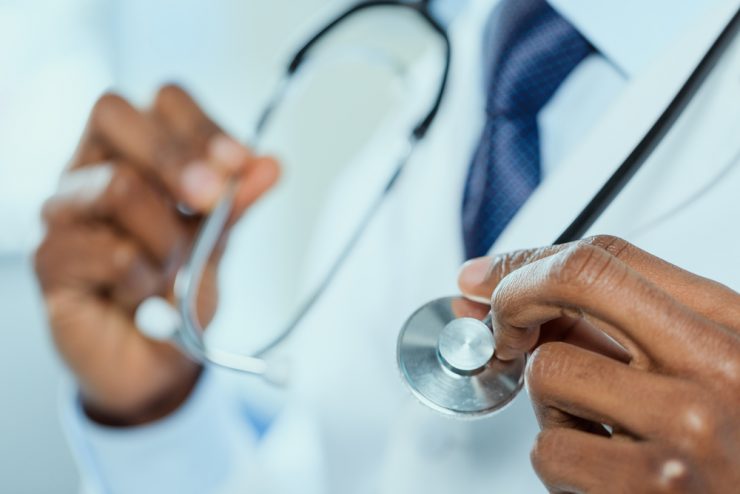How to Diagnose diverticulitis
Diagnose is very difficult just from the symptoms as same symptoms are also prevalent in other conditions also, therefore a blood test is the first step which will rule out possibility of other conditions, though it will not diagnose diverticular disease but a presence of large number of white blood cells may be taken as an indication of infection and if there is a previous medical history, then diverticulitis diagnosis is easier.
Colonoscopy is the technique of looking inside the colon to diagnose diverticulitis. A laxative is first given to get the bowels cleared and under local anaesthesia a thin tube which has a camera at the end is inserted through the rectum and guided into the colon.
Alternatively a Barium enema X-ray can also detect diverticula. As in colonoscopy, a laxative is first given to get the bowels cleared. Barium liquid which has the ability of showing up in the X-ray film is used as a coating on the organs surface. It is injected through a tube which is inserted into the rectum. Then continuous series of X-rays are taken. For some it is embarrassing, though it is not painful. In case there are severe symptoms a CT (computer topography) scan is also taken which is a detailed 3-D image of the organ made by the computer of a series of X-rays. This can also help in detecting any spread of infection or detect any complication if any like an abscess (presence of cavity or hole containing pus in the tissue).
How to treat diverticular disease
Normally most cases are treated through OTC (over-the counter) medicines at home like paracetamol, painkiller for getting relief, however ibuprofen, aspirin painkillers which are nonsteroidal anti-inflammatory drugs (NSAID), should be avoided as there is risk of internal bleeding and upset stomach. High-fibre diet is strongly recommended which will slowly control and finally resolve the disease.
For constipation there are bulk forming laxative which may cause bloating and flatulence. Plenty of fluid in-take is recommended for avoiding obstruction in digestion. There is also a possibility of constant or heavy rectal bleeding due to damage of the blood vessels as they get weakened by diverticula. Though it is not painful, but in case of excessive loss of blood, a blood transfusion may be needed which requires hospitalisation.
How to treat diverticulitis disease
Mild diverticulitis can be treated at home by taking antibiotics prescribed by the doctor for infection and paracetamol for pain. Ensure to complete the course though one may feel better. Antibiotics may cause diarrhoea, vomiting, nausea or drowsiness or unpredictable reation if taken along with alcohol as part of the side effects of antibiotics. A diet consisting of fluid only will be recommended initially with gradual introduction of solid foods over the next few days.
Hospitalisation may be required in the following cases
- No improvement after 48 hours of treatment
- With a weak immune system the doctor anticipates complication
- Poor health
- Inability to take antibiotics tablets
- Inability to take enough fluids to avoid de-hydration
- Unbearable pain even after taking paracetamol
- Need for Surgery
Colon Resection is recommended in case of more than two episodes of diverticulitis, as there is every likely hood of more such episodes, as per researches conducted which increases the risk of further complications. In this the portion which is affected is removed and balance healthy portion is joined by operating.
Complications
The infected Diverticula in very rare cases can split causing infection to the abdomen lining which is termed as peritonitis which life is threatening. Urgent and immediate treatment by antibiotics should be taken and if required surgery can also be performed to remove any pus or repair damage if any.
A cavity or lump containing pus can also be formed which is called abscess which may require surgery for pus to be drained out
Sometimes infected tissues join together and form an abnormal passage between two parts or organs of the body for example intestine and bladder or abdominal wall which is termed as fistula. They have to be separated by a surgery.
A total or partial blockage can also be created if the colon is badly infected which is a medical emergency; this will decay the colon tissues and lead to peritonitis.











